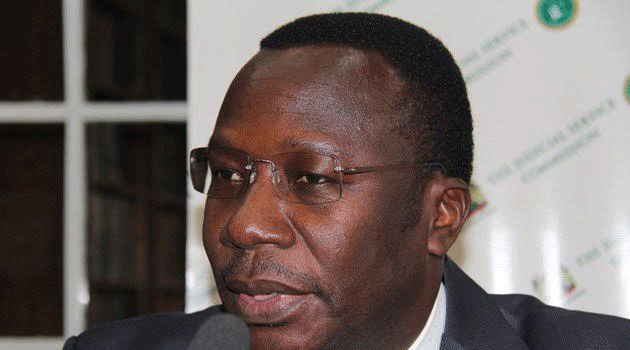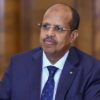
Wanjala was one of the seven judges who determined the presidential petition in 2013 filed by CORD leader Raila Odinga against Uhuru Kenyatta who was later declared President.
Wanjala was one of the seven judges who determined the presidential petition in 2013 filed by CORD leader Raila Odinga against Uhuru Kenyatta who was later declared President.
“For the Presidential Election petition, let me tell you and let me be very candid. If it was my option, I would never want to sit and preside over an election petition matter. This is because the criticisms that come there from are never jurisprudential so to speak,” he stated. “Whichever way you decide a Presidential election petition, you will annoy half of the Kenyan people and you will make the other half very happy,”
In fact, in Wanjala’s opinion, such petitions should be heard at the High Court by seven judges chosen through secret ballot.
He made the remarks when answering questions from the Judicial Service Commission (JSC) panel vetting him for the position of Chief Justice.
“The Presidential election petition matter should have been given to the High Court and the judges who decide should be identified by ballot one day before the hearing begins and they should be seven and once they decide, it should be final. I don’t want it to come to the Supreme Court,” he said, and recalled what he underwent after the 2013 petition.
“After I rendered that decision, of those half who were not happy, only my mother and my children were sympathetic with me. I put it no higher than that,” he said.
During the interview, Wanjala further indicated that he will cut down on too many consultations within the Judiciary if appointed to the post.
The Supreme Court judge pointed out that the mandate of each department is clearly outlined and they should be left to fulfill their roles.
He said that the execution of their work plan should build confidence in their capacity to deliver and states that he will not entertain interference from external sources.
“The basic approach to this scenario of power sharing is to be sensitive to everybody’s mandate. It is to look at what for example the President of the Court of Appeal is mandated to do and to allow the President to carry out his or her functions and the same goes to other offices,” he stated.
Wanjala however, explained that public engagement will be continuous to ensure transparency in the judiciary.
“Engagement with the public will be a continuous process. Continuous in this way, that in fact the largest and most critical stakeholder of the Judiciary is the public and it is to make sure that the delivery of justice is done transparently,” he stated.














































